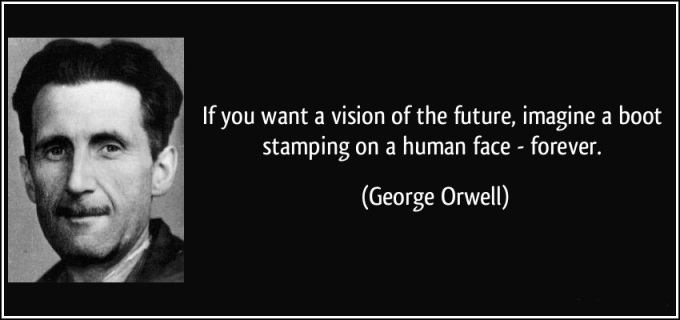I had an exchange with a climate alarmist the other day, an exchange for which I felt the need to apologize. I sent him an email today. The subject line read: “Apology”.
Yesterday, we had exchanged opinions and facts about climate change and couldn’t agree about any of it. Today, the day after our exchange, I found myself bothered by it. I wondered why we couldn’t get along? He is a damn good researcher; how could he be so wrong. Maybe he thought the same of me.
I was going through an article I had recently written, looking at a graph which showed temperature and CO2 levels over the past several hundred million years. I saw that both CO2 levels and global temperatures had very rarely ever been this low, and I thought that surely this would lead to desertification. After all, the tundra is a desert, despite its low temperature. How could he think that this natural uptrend after near-record cold was anything but normal, anything to be worried about, anything unexpected? It had since leveled-off, so no problem, right? Why did he look at it as record highs when it was clearly (near) record lows?
My short answer was that he must only have been looking at the local US surface temperature record over a very short time span, and I was looking at satellite data as well as long term data covering more of the history of the earth, and this is what led to his distorted view. If the charts start in the sixties, it’s been getting warmer. If the charts start six-hundred million years ago, brrr. On a planetary level, however, no big deal. This seemed to explain away the problem as well as all the sub-problems like sea-level rise, Arctic ice extent, storm activity, etc. etc. etc. He was the American alarmist who took the ‘nothing outside our borders matters’ and the ‘we have the best equipment so everyone else is wrong’ view, and I was the voice of reason with a view to the world. Typical US-Canada relations.
I went for a walk to clear my head. Why was this still bothering me? I had figured out the problem; I had my answer. But there was more to it than that. There was something missing. As I walked around my neighbourhood, I thought about power structures and relationships, I thought about hegemony and what it can do to one’s perspective, I thought about the philosophy behind the situation when it hit me: Hegel – Mondrian – binary code. What if we were both right?

